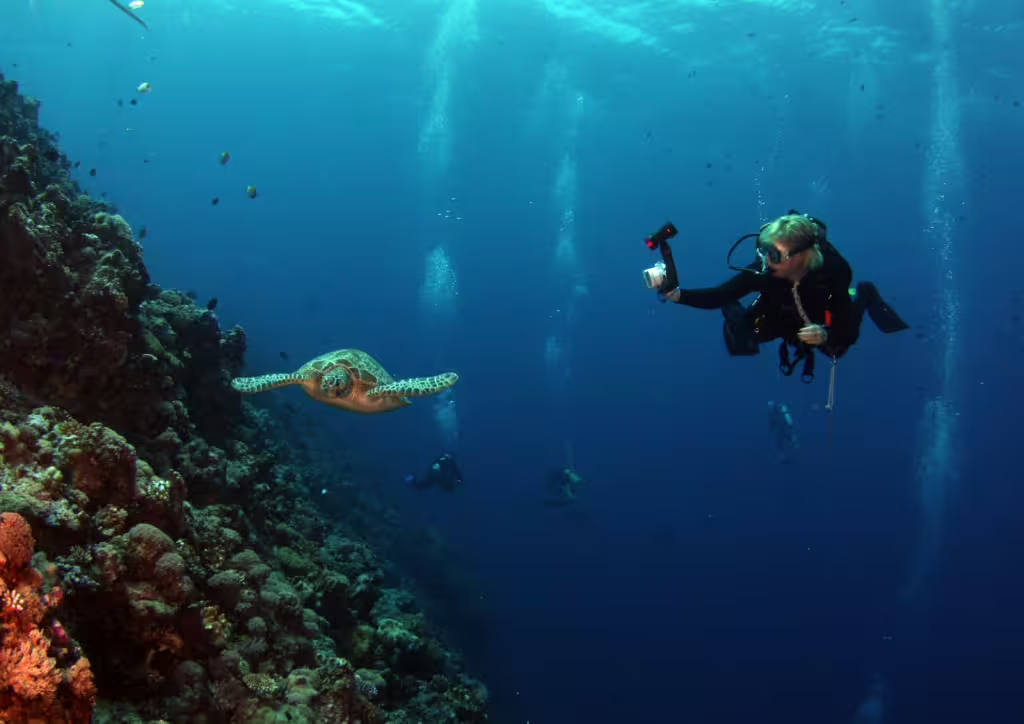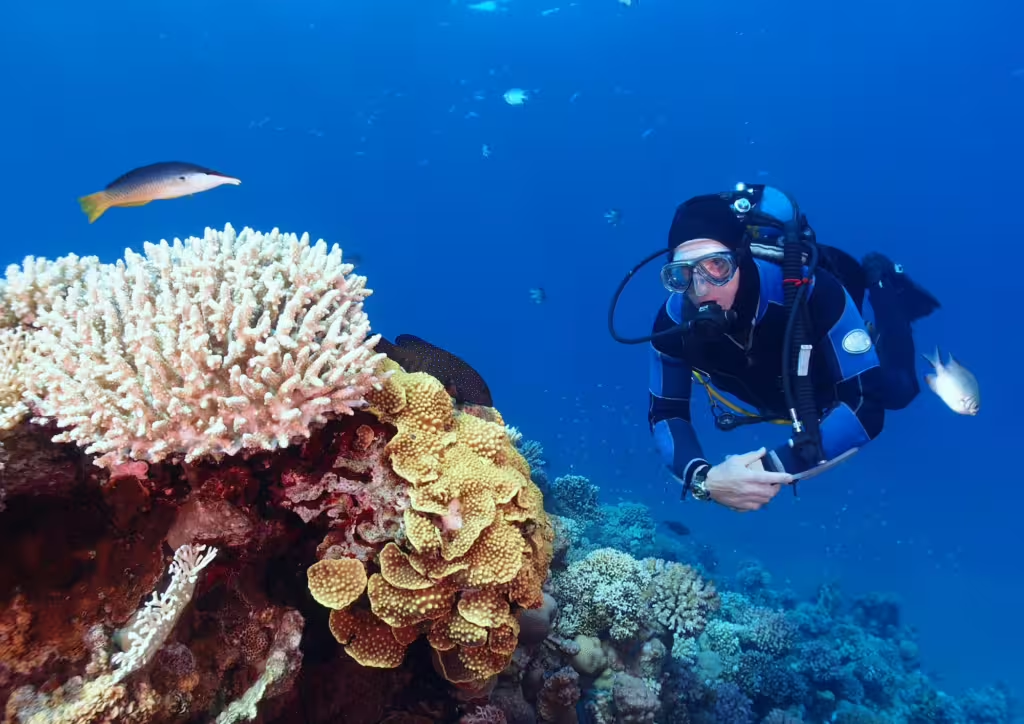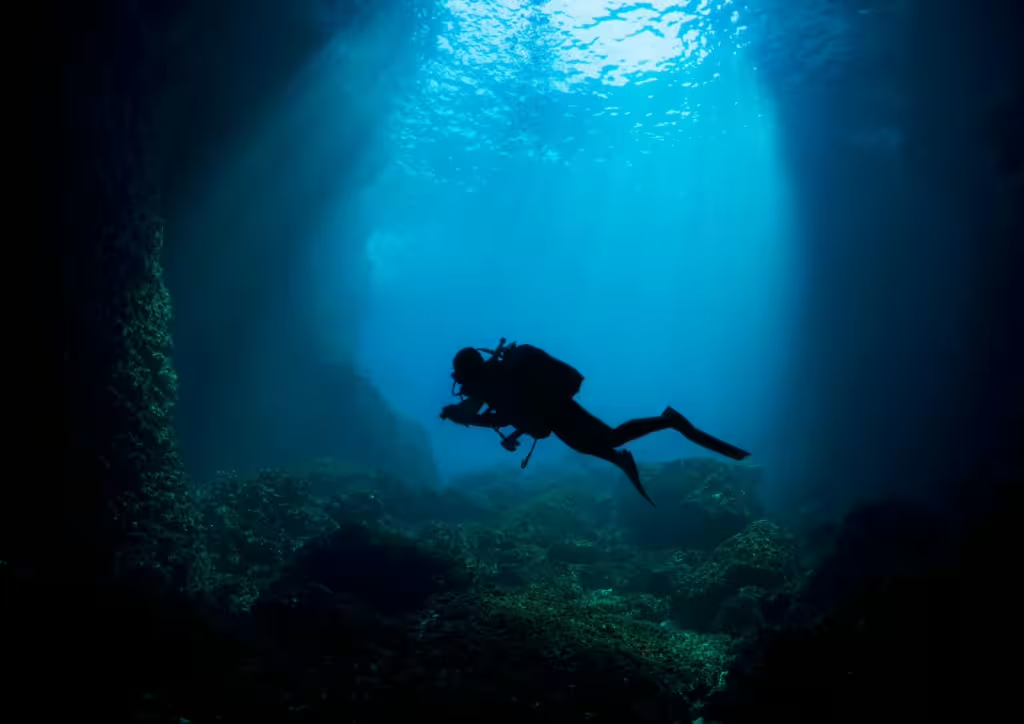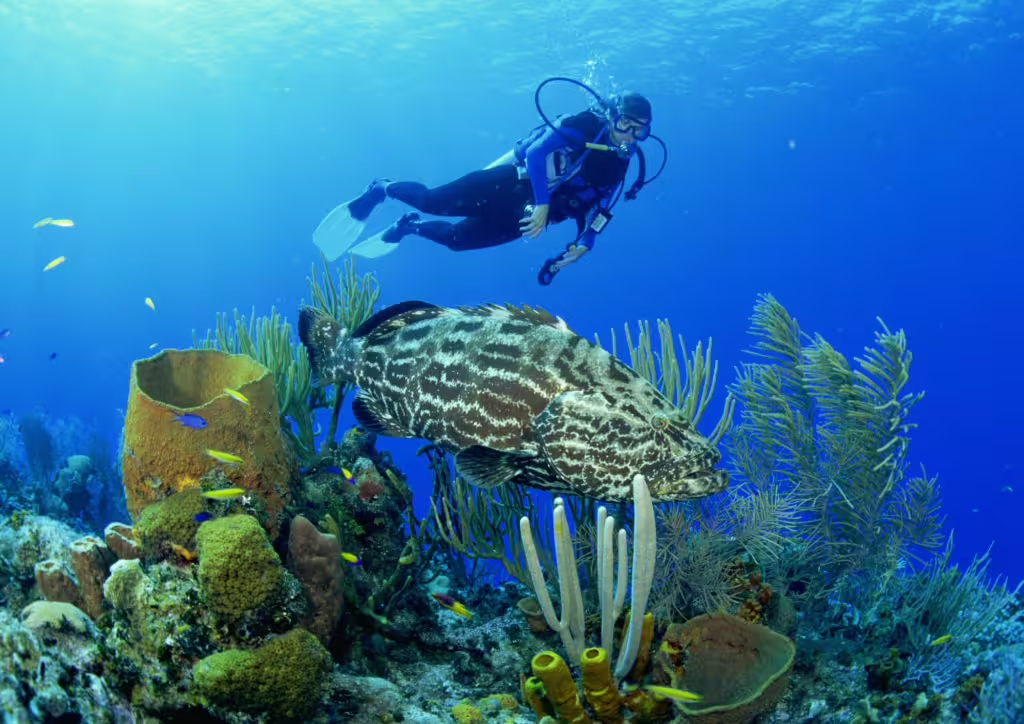A Bali Open Water Diving Course is the perfect way to explore the island’s breathtaking marine life and underwater scenery. As Bali grows in popularity among diving enthusiasts, understanding the course timeline helps ensure a smooth and unforgettable experience. Typically, a Bali Open Water Diving Course includes prerequisites, classroom theory, confined water practice, and open water dives leading to certification. This structured approach allows beginners to gain confidence while enjoying the island’s vibrant dive sites.
Understanding the Bali Open Water Diving Course
The Bali Open Water Diving Course is designed to equip participants with essential skills and knowledge for safe and enjoyable diving experiences. The course aims to provide both beginners and experienced divers with a comprehensive introduction to scuba diving. It covers fundamental theories about buoyancy, pressure, and underwater communication, alongside practical pool sessions where students practice techniques in a controlled environment.
Participants will earn an internationally recognized certification upon successful completion, which validates their capability to dive independently to a maximum depth of 18 meters. This certification serves as a stepping stone for individuals looking to delve deeper into the world of diving, making it invaluable for those aspiring to pursue further courses or simply explore the breathtaking underwater landscapes Bali has to offer.
The duration of the Bali Open Water Diving is generally structured over several days, typically around 3 to 4 days depending on the dive center and student progression. The schedule includes a combination of classroom sessions that delve into diving theory, confined water training in pools to hone skills, and finally, a series of open water dives that bring participants face-to-face with vibrant marine life. This systematic approach ensures that students are not only well-prepared for diving but also gain confidence in their abilities, making the Bali Open Water Diving Course a significant milestone in any diver’s journey.
The Typical Course Duration: What to Expect

The typical duration of the Bali Open Water Diving Course is around three to five days, depending on the specific program and how the schedule aligns with your learning pace. Most courses begin with a theoretical component, which covers essential diving concepts, safety procedures, and equipment handling. Following this classroom instruction, participants usually engage in pool sessions to practice skills in a controlled environment, helping to build confidence before transitioning to open water dives.
These initial steps typically occupy the first two days of the course, allowing students to process new information and practice essential skills before heading into deeper waters. After the foundational training, the course usually culminates in several open water dives, which typically occur over the final days.
The number of dives may vary, but most courses feature at least four open water dives to ensure thorough experience and competence. Factors that might affect the overall timeline include individual learning speed, weather conditions, and group size. Thus, while the standard timeframe is manageable for many, it’s important to remain flexible and open-minded to maximize your learning experience in the stunning waters of Bali.
Breaking Down the Schedule: Pool Sessions
The pool sessions in the Bali Open Water Diving Course are a vital step that prepare students with the fundamental skills needed before exploring the ocean. Held early in the program, these sessions allow beginners to get comfortable with their gear while practicing key techniques in a safe, controlled environment.
During the Bali Open Water Diving Course, instructors guide students through essential skills such as buoyancy control, mask clearing, regulator recovery, and emergency procedures. This hands-on training not only builds competence but also instills confidence in handling diving equipment.
Another important benefit of the Bali Open Water Diving Course pool sessions is reducing anxiety. Many new divers feel nervous about entering the ocean, but practicing in calm water helps ease the transition to open water dives.
By focusing on both technical ability and psychological readiness, the pool sessions in a Bali Open Water Diving Course set the foundation for safe and enjoyable underwater exploration. Ultimately, they ensure divers are fully prepared for the unforgettable experiences awaiting them in Bali’s vibrant marine world.
Open Water Dives: The Highlight of the Experience

One of the most exhilarating components of the Bali Open Water Diving Course is undoubtedly the open water dives. Typically, the course includes four exhilarating open water dives, allowing participants to immerse themselves in the breathtaking underwater world of Bali. These dives usually take place at stunning locations such as Tulamben, known for its famous wreck dive, and Padang Bai, which offers vibrant coral reefs teeming with life.
These scenic sites provide divers with an unparalleled opportunity to explore diverse marine environments, all while under the guidance of certified instructors who ensure safety and enjoyment throughout the experience. As divers descend into the crystal-clear waters, they can expect to encounter an array of fascinating marine life.
From colorful reef fish and majestic turtles to intricate coral formations, the biodiversity is astonishing. Some lucky divers may even spot larger creatures like manta rays or the elusive sunfish. The open water dives not only enhance skills learned during pool sessions but also allow divers to appreciate the rich and vibrant ecosystem that Bali has to offer, making these dives the highlight of the entire diving course experience.
Additional Components: Theory Lessons and Equipment Familiarization
The Bali Open Water Diving Course comprises crucial theoretical lessons that serve as the foundation for safe and effective diving practices. These classroom sessions cover vital topics such as diving physics, physiology, and marine environment awareness. By engaging with these concepts, aspiring divers gain an understanding of how to react appropriately to various underwater scenarios.
The structured approach to theory not only enhances knowledge but also instills confidence, ensuring participants are well-prepared for the practical aspects of diving. By integrating these lessons into the schedule, the program effectively prepares students for their future experiences in the water. In addition to the theoretical lessons, equipment familiarization plays an integral role in the Bali Open Water Diving Course.
Divers are introduced to the various tools and gear they’ll use, such as masks, fins, wetsuits, and tanks. Training sessions provide hands-on experience with the equipment, helping participants learn how to assemble, maintain, and wear it correctly. This vital training ensures that divers not only feel comfortable with their gear but also understand how to manage it efficiently during dives. Together, the theory lessons and equipment training create a holistic learning environment that primes divers for both safety and enjoyment in their underwater explorations.
Tips for Completing Your Course Successfully

Completing the Bali Open Water Diving Course can be an exhilarating experience, but preparing adequately is crucial for success. First and foremost, consider your scheduling; it’s recommended to block out your weekdays or weekends to dedicate yourself fully to the course. This helps avoid interruptions and allows you to immerse yourself in learning the necessary techniques and skills. Furthermore, ensure that you arrive at the course physically prepared.
This can include engaging in regular cardiovascular exercises and strength training that will help you manage your stamina during the water sessions, especially during those critical open water dives. Staying hydrated and maintaining a balanced diet leading up to your course can greatly improve your physical readiness and overall performance. Mental preparation is just as vital as physical readiness when diving.
Familiarizing yourself with the course materials in advance can give you a head start, so take some time to read about diving principles, safety protocols, and equipment usage. Practicing mindfulness techniques may also help to ease any anxiety you may feel about diving, allowing you to focus better during your pool and open water sessions. By combining thorough physical and mental preparation, you can enhance your diving experience and ensure that you succeed in completing the Bali Open Water Diving Course with confidence.
Join the Adventure: Start Your Diving Journey in Bali
In conclusion, understanding the schedule of the Bali Open Water Diving Course is essential for making the most of your diving experience. Whether you’re a beginner or looking to refine your skills, knowing when to dive and what to expect throughout the course can significantly enhance your learning and enjoyment. From the initial classroom sessions to the exciting open water dives, each component is designed to build your confidence and ensure safety in the water, all while immersing yourself in the beauty of Bali’s underwater wonderland.
Ultimately, knowing the timeline helps you prepare not only your schedule but also your equipment and mindset for an unforgettable adventure. As you embark on this journey, embrace the opportunities for exploration, connect with fellow divers, and fully embrace the culture and ecosystem that Bali has to offer. Happy diving, and may your time in the water be filled with excitement and discovery!

